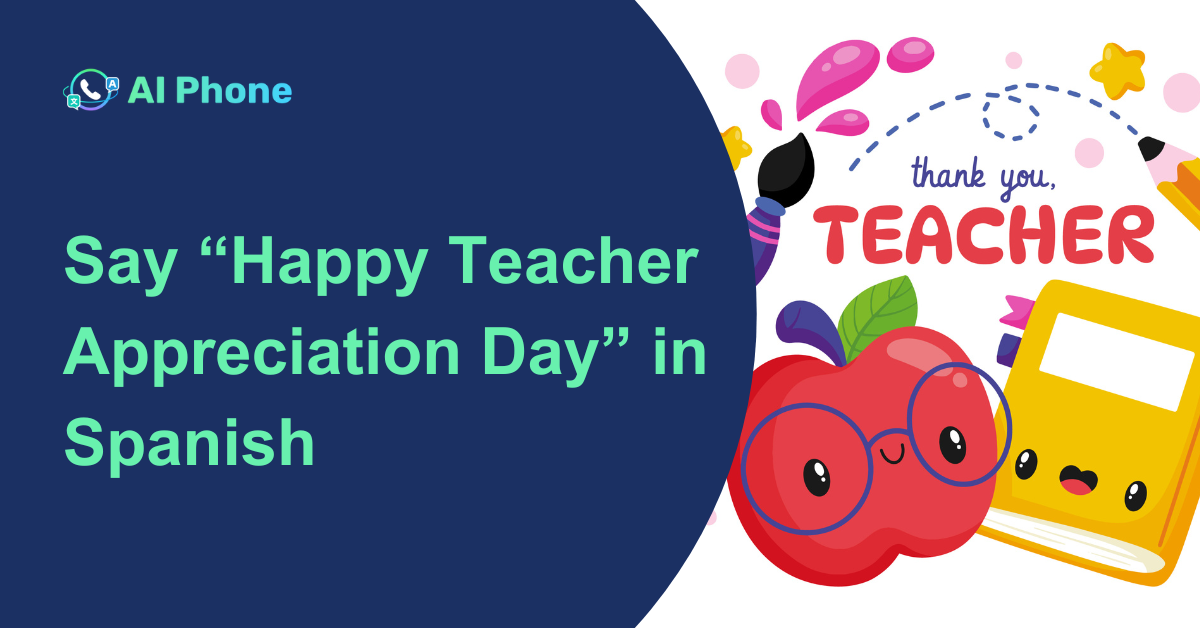Technology may bridge gaps with instant translation, but in business, nothing builds trust like speaking someone’s language. In 2025, as trade routes shift and economies evolve, knowing the right language can set professionals apart in negotiations, networking, and market expansion. While English remains the global lingua franca, it’s not always enough. Here are the most strategic languages to learn in 2025 for business, based on their global economic impact, regional relevance, and industry presence.
1. Mandarin Chinese: Essential for China’s Expanding Economy
Mandarin isn’t easy to learn, but it pays off. Business etiquette in China values effort, and even basic proficiency can make negotiations smoother. For companies sourcing products or entering Asian markets, Mandarin is a smart investment.
- Spoken by over 1.1 billion people
- Why Learn It: China is the world’s second-largest economy and a major player in manufacturing, e-commerce, and technology.
- Where It’s Useful: Mainland China, Taiwan, Singapore, and global Chinese-speaking diaspora.
- Business Relevance: Essential for sourcing, supply chain management, and negotiating with manufacturers.
✦ Note: While learning Mandarin can be challenging due to tonal pronunciation and character-based writing, the potential return on investment is high for long-term business operations.
2. Spanish: A Gateway to Latin America and Beyond
Spanish is considered one of the most approachable languages for English speakers. For professionals targeting Latin American growth or dealing with U.S.–Mexico trade, Spanish can be a real differentiator.
- Over 480 million native speakers across 20+ countries
- Why Learn It: Spanish is spoken by over 500 million people globally and is the second most spoken native language in the world.
- Where It’s Useful: Spain, Mexico, Colombia, Argentina, Chile, and large parts of the U.S.
- Business Relevance: Crucial for working in or targeting emerging Latin American markets, customer support, and logistics.
Bonus insight: Spanish is also one of the easier languages to learn for English speakers due to shared alphabets and similar grammar structures.
3. Arabic: Key for Energy, Trade, and Diplomatic Relations
Arabic has multiple dialects, but Modern Standard Arabic is widely understood in business contexts. With Middle Eastern economies diversifying beyond oil, learning Arabic signals long-term commitment.
- Spoken by 310 million people across 20+ countries
- Why Learn It: Arabic is the fifth most spoken language globally and essential in the oil, gas, and construction industries.
- Where It’s Useful: United Arab Emirates, Saudi Arabia, Egypt, Morocco, and more than 25 countries.
- Business Relevance: Valuable for public-sector contracting, infrastructure development, and partnerships in the MENA region.
Bonus insight: Arabic has many dialects. Modern Standard Arabic (MSA) is used in formal settings, while dialects vary significantly by country.
4. German: Crucial for European Manufacturing and Finance
Germany’s business culture values precision and directness. Speaking German can strengthen partnerships, especially in highly technical industries.
- One of the Europe’s most widely spoken native languages
- Why Learn It: Germany is the EU’s economic engine and the fourth-largest economy globally.
- Where It’s Useful: Germany, Austria, Switzerland, and the Benelux region.
- Business Relevance: Particularly important in the automotive, finance, and engineering sectors.
5. French: Widely Used in Multinational Organizations
French isn’t just about Paris. Africa’s fast-growing economies make French crucial for companies working in mining, telecommunications, and infrastructure. Plus, it remains a language of diplomacy.
- Official in 29 countries, including much of Africa
- Why Learn It: French is spoken across five continents and is an official language in many international institutions, including the UN, the EU, and the Red Cross.
- Where It’s Useful: France, Canada (Québec), West and Central Africa, Belgium, and Switzerland.
- Business Relevance: Essential for working in global NGOs, international law, or expanding into African growth markets.
6. Japanese: For High-Tech, Automotive, and Investment Sectors
Even though Japan has high English proficiency, speaking Japanese signals respect and builds stronger trust, especially in traditional industries.
- Spoken by 125 million people, mainly in Japan
- Why Learn It: Japan remains a tech and innovation powerhouse, with strong exports in electronics, robotics, and automobiles.
- Where It’s Useful: Japan, Japanese conglomerates with global branches.
- Business Relevance: Crucial for B2B collaborations, supplier relationships, and venture capital discussions.
While Japanese is not widely spoken outside Japan, understanding the language and culture significantly improves business rapport.
7. Portuguese: Brazil’s Growing Market and Lusophone Africa
For businesses entering Brazil or exploring Africa’s Lusophone countries like Angola and Mozambique, Portuguese provides a competitive edge.
- Over 250 million speakers, mainly in Brazil, Portugal, and parts of Africa
- Why Learn It: Portuguese is the official language of Brazil, Africa’s Angola and Mozambique, and several other regions.
- Where It’s Useful: Brazil, Portugal, Angola, Mozambique.
- Business Relevance: Brazil is Latin America’s largest economy and a growing destination for tech and fintech expansion.
Choose the Right Language for Your Career
There’s no one-size-fits-all answer. Your choice should match your industry and target markets:
- Manufacturing, finance, global trade → Mandarin
- Americas, consumer goods, services → Spanish
- Energy, construction, investment → Arabic
- Diplomacy, African markets → French
- Engineering, renewable energy → German
- Latin America, agriculture → Portuguese
- Innovation, robotics → Japanese
Learning a language in 2025 isn’t just about words—it’s about building trust, unlocking opportunities, and showing respect for partners and clients worldwide.
Can’t Learn Every Language? Here’s the Smart Solution
Mastering multiple languages takes years — but international business moves fast. For real-time multilingual communication without the language learning curve, tools like AI Phone offer a game-changing alternative.
AI Phone is a real-time voice translation app designed for global communication. Here’s what makes it ideal for international business professionals:
- 🗣️ Real-Time Phone Call Translation: Make phone calls in your native language and have the other party hear it in theirs.
- 💬 Video Call Translation: Supports WhatsApp, WeChat & More.
- 🌍 150+ Languages and Accents: From Mandarin to Arabic, from French to Korean.
- 🎙️ Instant Voice Translation: Speak in 150+ languages and dialects in your own voice when talking face to face — adds familiarity and trust in high-stakes business talks.
Whether you’re negotiating with a supplier in Shenzhen, onboarding a new distributor in São Paulo, or holding a team sync with partners in Dubai, AI Phone bridges the gap.
Conclusion: Learn Strategically, Communicate Seamlessly
Learning a new language is always a smart investment, but it doesn’t need to slow you down in a fast-moving business world. Equip yourself with the most relevant business languages based on your target regions — and for everything in between, let AI Phone support your global communication needs in real time.
👉 Ready to experience seamless international conversations?

